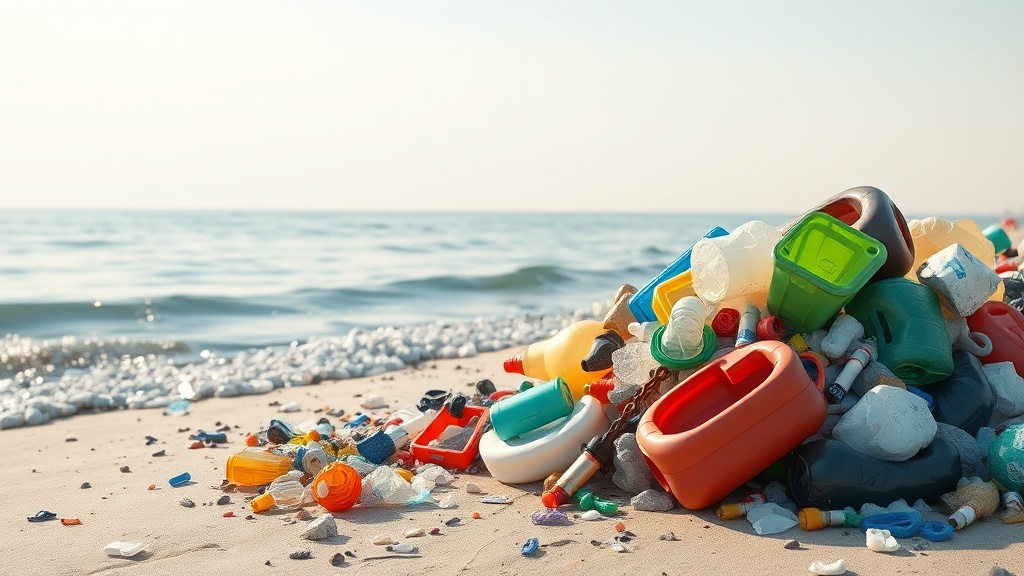Home / Environment / Plastic Pollution Persists for Centuries, Overwhelming Ocean Eco-system
Plastic Pollution Persists for Centuries, Overwhelming Ocean Eco-system
23 Oct
Summary
- Trillions of plastic pieces float in oceans, taking over a century to sink
- Microplastics found in human arteries, brains, and sexual organs
- Plastic pollution disrupts ocean's natural conveyor belt, impacting climate

According to a new assessment published on October 24, 2025, the plastic pollution crisis is far worse than previously thought. Researchers at Queen Mary University of London have found that over 170 trillion pieces of plastic are currently floating in the world's oceans, and it could take more than a century for them to sink or disappear, even if all plastic pollution stopped immediately.
The study paints a bleak picture of the long-term impact of plastic waste. Microplastics and nanoplastics have been detected in human arteries, brains, and sexual organs, with potential links to cancer, diabetes, heart disease, and gut health issues. While the full effects are still being studied, the sheer scale and persistence of plastic pollution poses a grave threat to both human and environmental health.
Experts warn that the plastic waste could overwhelm the ocean's natural conveyor belt, a crucial system of deep ocean and surface currents that transports heat and nutrients around the world. Further research is needed to understand the full implications, but it's clear that the plastic crisis is an intergenerational problem that will continue to plague future generations unless drastic action is taken.




